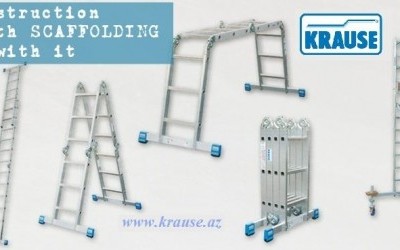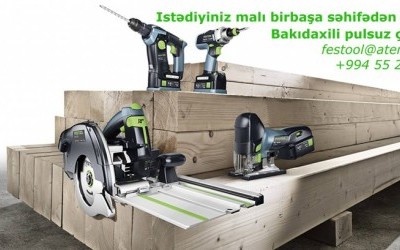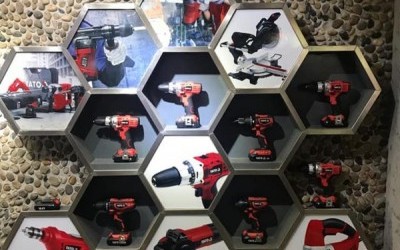Welding machines
Welding machines are equipment designed to create strong connections between metal parts by melting and fusing them together. Welding processes play a crucial role in various industries, including construction, manufacturing, the automotive sector, shipbuilding, and many others. Welding machines come in different types and configurations, each designed for specific types of welding tasks.
The key characteristics and functions of welding machines include:
-
Variety of Welding Processes: Welding machines can work with various welding processes, including arc welding, gas welding, plasma welding, spot welding, and others. Each process has its unique characteristics and applications.
-
Power and Types of Power Sources: Welding machines can be powered by gasoline, diesel, electricity, or other power sources, allowing users to choose the most suitable machine for specific working conditions.
-
Versatility of Materials: Welding machines can be used to weld different materials, including steel, aluminum, copper, stainless steel, and other metals.
-
Automation and CNC: Some modern welding machines are equipped with Computer Numerical Control (CNC) systems, enabling automation and precise customization of welding processes.
-
Portability and Mobility: Many welding machines are compact and portable, making them convenient for working in remote or hard-to-reach locations.
-
Safety: When working with welding machines, it is essential to follow safety procedures, including the use of protective gear and ensuring proper ventilation.
Welding machines play a vital role in many industries, ensuring the creation of robust and reliable welded connections. These tools contribute to the construction, manufacturing, and maintenance of various objects and structures.






